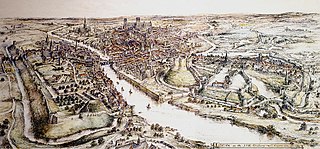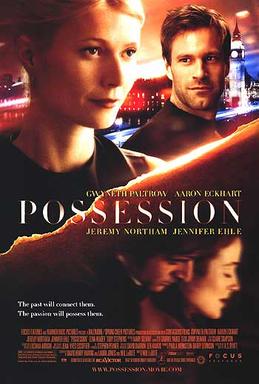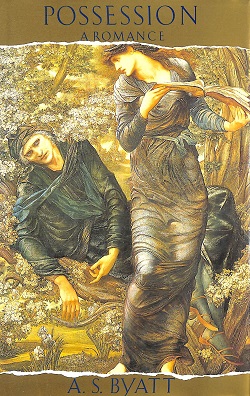
High Bradfield is a rural village 6.5 miles (10 km) north-west of the centre of Sheffield in South Yorkshire, England and within the city's boundaries. The village lies just within the Peak District National Park, 1.3 miles (2 km) inside the park's north-eastern border, is at an altitude of 260 metres (850 feet) AOD, and has extensive views across Bradfield Dale towards Derwent Edge and the Dark Peak.

A motte-and-bailey castle is a European fortification with a wooden or stone keep situated on a raised area of ground called a motte, accompanied by a walled courtyard, or bailey, surrounded by a protective ditch and palisade. Relatively easy to build with unskilled labour, but still militarily formidable, these castles were built across northern Europe from the 10th century onwards, spreading from Normandy and Anjou in France, into the Holy Roman Empire, as well as the Low Countries it controlled, in the 11th century, when these castles were popularized in the area that became the Netherlands. The Normans introduced the design into England and Wales. Motte-and-bailey castles were adopted in Scotland, Ireland, and Denmark in the 12th and 13th centuries. By the end of the 13th century, the design was largely superseded by alternative forms of fortification, but the earthworks remain a prominent feature in many countries.

Possession is a 2002 romantic mystery drama film written and directed by Neil LaBute and starring Gwyneth Paltrow and Aaron Eckhart. It is based on the 1990 novel of the same name by British author A. S. Byatt, who won the Booker Prize for it the year it was published.
A mote is a small bit of substance, such as a fleck or particle.
Lamotte, LaMotte or La Motte may refer to:

Trecastle is a village in Powys, Wales, situated on the edge of the Brecon Beacons National Park (Welsh: Parc Cenedlaethol Bannau Brycheiniog) and in the community of Llywel. The village has a population of about 200.

Possession: A Romance is a 1990 best-selling novel by English writer A. S. Byatt that won the 1990 Booker Prize for Fiction. The novel explores the postmodern concerns of similar novels, which are often categorised as historiographic metafiction, a genre that blends approaches from both historical fiction and metafiction.
Bash or BASH may refer to:

Pilsbury Castle was a Norman castle in Derbyshire near the present-day village of Pilsbury, overlooking the River Dove.
George Bailey is the name of:

While there are many castles in South Yorkshire, the majority are manor houses and motte-and-bailey which were commonly found in England after the Norman Conquest.
Hannah or Hanna may refer to:

Wakefield Castle, Lowe Hill or Lawe Hill was a castle built in the 12th century on a hill on the north side of the River Calder near Wakefield, England. Its name derives from the Anglo Saxon hlaew meaning a mound or cairn, possibly a burial mound or barrow. The mound, situated a quarter mile from the river, was separated from the town by flat swampy land and was seen as a good site for a fortification.
Cerney is a placename and a surname. It may refer to:
The motte-and-bailey fallacy is a form of argument and an informal fallacy where an arguer conflates two positions that share similarities, one modest and easy to defend and one much more controversial and harder to defend. The arguer advances the controversial position, but when challenged, insists that only the more modest position is being advanced. Upon retreating to the motte, the arguer can claim that the bailey has not been refuted or that the critic is unreasonable.
Castle Mound may refer to:
This page is based on this
Wikipedia article Text is available under the
CC BY-SA 4.0 license; additional terms may apply.
Images, videos and audio are available under their respective licenses.







